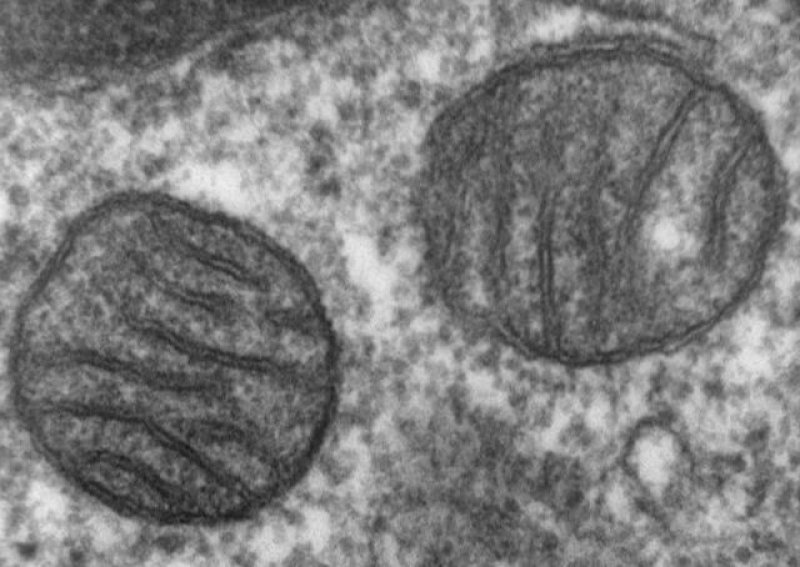On March 20, the U.K.’s Human Fertilization and Embryology Authority announced its endorsement of mitochondrial replacement therapy. The therapy, which could save the lives of millions of children with inherited genetic disorders, would swap out a developing embryo’s unhealthy mitochondria with healthy ones from a donor. Since mitochondria contain their own DNA, the technique results in embryos with three parents: the mother, the father, and the woman who donated her healthy mitochondria.
The Center for Genetics and Society, however, insists that the therapy crosses a “bright red ethical line” by modifying the genes that get passed down to the next generation. In a press release, the group urges the U.K. to reject mitochondrial replacement.
“We sympathize with the women who would like to be genetically related to their child while avoiding the risk of passing on mitochondrial disease,” Darnovsky said. “But there are safe options available, while mitochondria replacement would put their child at serious jeopardy of problems introduced by the procedures themselves. And the genetic changes the procedures would cause are permanent and irreversible, both for that child and for every generation that follows. The desires of these few women do not justify this serious ethical breach, which has profound consequences for everyone.”
Additional Reading:
- Don’t fear babies made with genes from three parents, New Scientist.
- Three parents? Five parents? All that really matters is healthy babies, The Telegraph.
- Broad Public Support for “3-Parent Babies” and Crossing the Human Germline? Not What the Data Say, Biopolitical Times.































